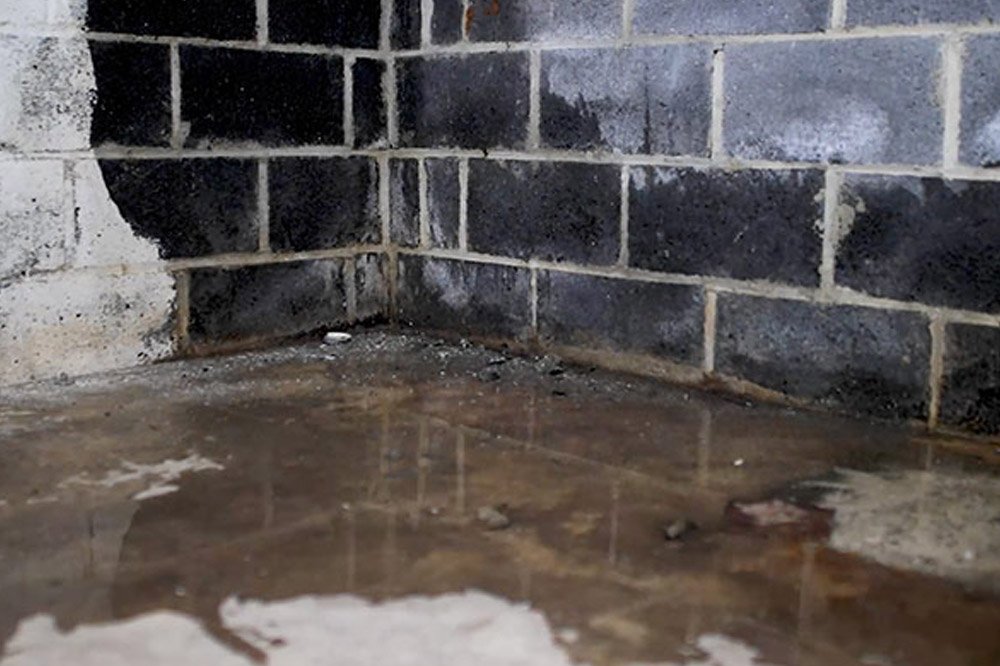For Michigan homeowners, basement repairs can be as stressful as they are necessary. Cracked foundations, water intrusion, and structural damage are common issues—especially in areas prone to freeze-thaw cycles and shifting soils. But in addition to coordinating with contractors and managing costs, homeowners also need to consider the legal side of the work. Regulations and permits play a central role in how basement repairs are handled in Michigan. Ignoring them can lead to delays, penalties, and long-term structural risks.
Why Are Permits Required?
Permits exist to protect homeowners, contractors, and neighborhoods. They confirm that a project has been reviewed by building officials and that the work will meet established safety codes. In Michigan, the Residential Building Code is the primary standard, and it outlines the proper methods for foundation repairs, waterproofing systems, and changes to structural support.
When Are Permits Usually Needed?
In many cases, basement repair work touches on more than just aesthetics—it involves electrical wiring, plumbing, concrete, or the foundation itself. These elements are considered critical to a home’s safety, so they often trigger permit requirements. Even when a repair seems minor at first, it can cross into regulated territory depending on how deep the work goes or what systems it affects.
Permit requirements vary somewhat between cities and counties, but in general, anything that changes the foundation, modifies plumbing or drainage systems, or adds livable square footage to a basement typically requires prior approval. Local building departments are the best source of truth for what is and isn’t allowed without a permit. Calling before starting work is always safer than assuming no permit is needed.
Because building codes are enforced at the city or county level, homeowners in Michigan may face slightly different rules depending on where they live. A project in Lansing may not have the same documentation requirements as a similar repair in Traverse City. Some communities might request detailed drawings or engineer-approved plans, while others might accept a simpler scope of work.
What’s The Contractor’s Role?
Most reputable contractors are familiar with permit requirements in their area and can guide clients through the process. Some will even apply for the permit on behalf of the homeowner. This is especially helpful in basement work, where multiple trades—like concrete, framing, plumbing, or electrical—might be involved. The contractor’s experience with inspectors and municipal offices can help keep projects moving and reduce the risk of violations.
However, the responsibility for ensuring permits are secured ultimately rests with the property owner. Hiring a contractor without a license or one who suggests skipping the permit process to “save time” puts the homeowner at risk. Michigan requires contractors performing structural repairs or waterproofing to hold a Residential Builder’s License. Working with a licensed contractor provides peace of mind and legal protection if anything goes wrong.
What’s The Inspection Process?
Once a permit is granted, inspections are usually scheduled at specific stages of the repair process. These might occur before concrete is poured, after framing is completed, or once plumbing has been connected. Inspectors confirm that the work follows the submitted plans and complies with building code requirements. Homeowners should retain inspection records as proof the project passed all necessary checks. These records can be helpful when dealing with insurance providers or real estate agents in the future.
Start Your Basement Repair
Basement repair in Michigan doesn’t just require tools and materials—it requires awareness of the rules that govern safe home construction. From foundational reinforcement to simple waterproofing solutions, the permitting process helps ensure quality and long-term durability. Homeowners should start any project by speaking with their local building department and reviewing what’s required for their specific type of repair. Partnering with a licensed contractor helps streamline the process and keep everything above board.



